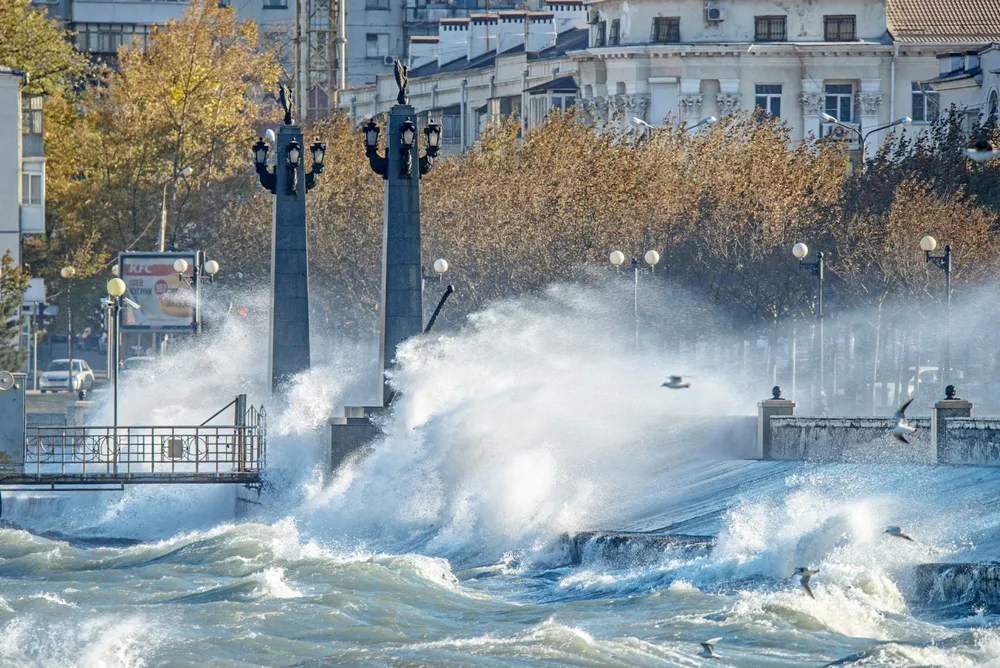Caspian Pipeline halts oil tanker loadings in Black Sea
Some 1.4 million barrels of oil per day may stop flowing to a global market already impacted by US sanctions and reluctance to handle Russian oil

Some 1.4 million barrels of oil per day may stop flowing to a global market already impacted by US sanctions and reluctance to handle Russian oil
